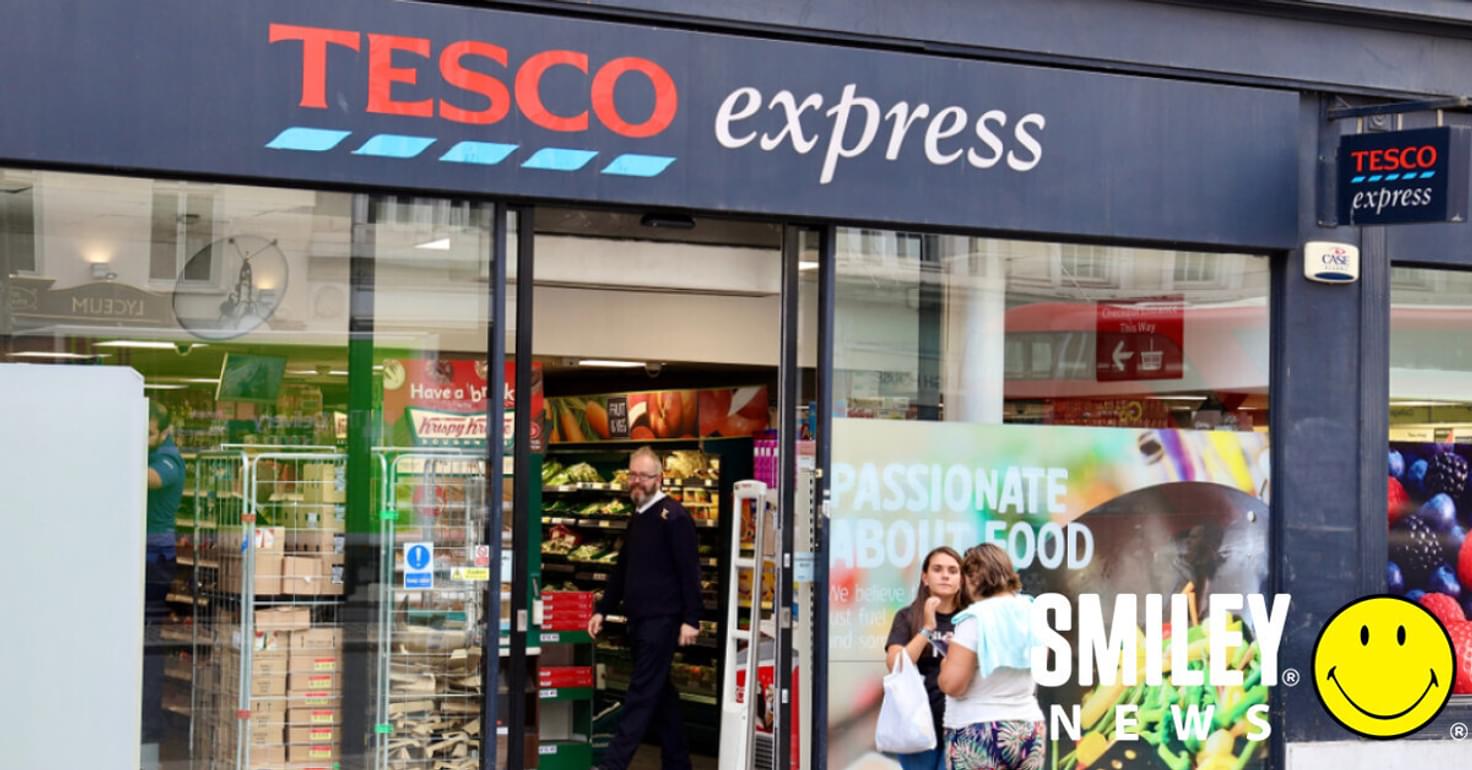
Words by Smiley Team
Acknowledging the role our food system plays in the climate crisis, Tesco has identified five key areas where it can positively contribute to climate action. These include cutting emissions from energy, supporting the UK’s transition to electric vehicles, tackling food waste, supporting sustainable food production, and helping customers eat more sustainable diets.
Setting out these aims at The Grocer Conference last week, Tesco CEO, Ken Murphy stressed the need to improve efficiency with cutting-edge innovation if the retailer, and the food industry as a whole, is to meet its climate targets. In 2017, Tesco committed to help reduce emissions to keep warming below 1.5-degrees. The supermarket aims to reach net-zero emissions in the UK by 2035, fifteen years earlier than originally planned.
Through better efficiency and innovation, Tesco reduced its absolute emissions by 50 per cent last year compared to 2015, beating its 2020 target of 35 per cent.
At The Grocer Conference Murphy called on the whole of the food industry to increase its efforts to meet the UK’s climate ambitions: “In this critical decade for tackling climate change, it’s vital we challenge ourselves to be more ambitious in our aims and accelerate progress against them. At Tesco, we’re playing our part by creating a better basket for our customers and the planet.
“No one business can tackle these challenges alone. We must take collective action as a food industry to drive the transformational changes necessary to meet the UK’s climate commitments.”
Murphy’s mobilisation efforts build on the supermarket’s previous work for the environment. In 2018, Tesco launched a partnership with the World Wildlife Fund (WWF) to halve the environmental impact of food and tackle some of the biggest issues connected to food production, including the climate crisis.
Commenting on Tesco’s efforts, Tanya Steele, CEO of WWF said: “Our global food and farming systems are a major cause of nature’s decline. Retailers and their supply chains have a critical role to play in tackling the climate crisis by reducing emissions and ensuring the food on our plates doesn’t drive nature loss at home and overseas.
If we are to safeguard our future and limit warming to 1.5 degrees, we must transform the way we produce and consume food. This new manifesto from Tesco, outlining the actions it is taking to address these systemic issues, is a positive step towards the UK’s transition to a net-zero future.”
Food systems currently produce up to 37 per cent of greenhouse gas emissions and significantly contribute to deforestation, declining water supplies and biodiversity loss. So their role in radically altering the way they produce is integral to diverting the catastrophes we will otherwise face.
If you are interested in encouraging corporations in the food industry to undo the damaging impact they’re having on the environment, join the WWF’s action centre to support their campaigns for a greener food system.
You can also support the WWF’s work reforming the food industry by making a donation to the WWF.